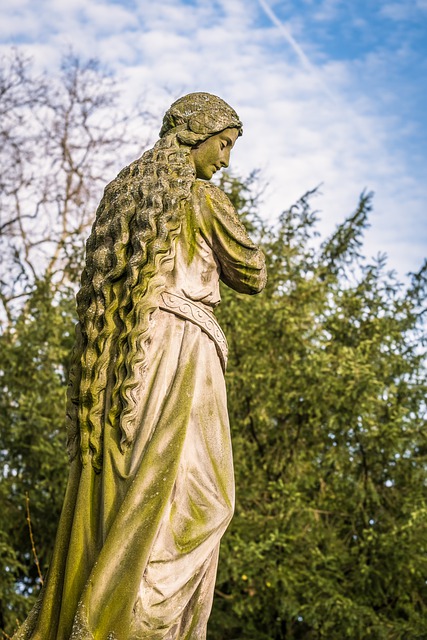Just like a father contributes immensely towards the growth of one’s child, the word ‘father’, or rather its ancestor, contributed heavily to the development of new words in the English language. So many of them, in fact, that it was not feasible to mention them in one article alone (or even two for that matter). But here’s a few more words that these superheroes have inspired:
Most people must be familiar with the word ‘papa’ as this has become a popular mode of reference to one’s father, It has been derived from the Greek word for father – ‘pappas’. Since fathers are generally seen as the leader of a family, we derived the word pope which refers to the head of the Roman Catholic Church. Something related to the pope is termed as papal. Thus when we say that the papal robes are ornamental and beautiful, we are referring to the pope’s robes. Also, the pope’s office or his term is referred to as his papacy.
The Latin word for father, pater, also found its way into the proceedings of the church. The word patristic means something related to the Church fathers. Now, it can also refer to the study of early Christian fathers and their writings.
A related Latin word is patricious which refers to being born of a noble father. Hence the English term patrician came to mean a person of noble birth or an aristocrat. Apart from the primary meaning, it can also be used as an adjective to highlight aristocratic qualities as in ‘A patrician family.’
Another cousin of the family is patronus, meaning the protector or defender since men of the family were expected to protect others. This led to the word patron as in patron saint, meaning a saint who protects. Depending on the context, it can also mean to be a promoter or supporter (as in a promoter of arts) or a frequent visitor (as in a patron of a restaurant). From patron we derived the word patronize which carries both a positive and a negative connotation. When used positively, it means to support someone or something. When used in a negative sense, it conveys a sense of rudeness and condescension.
If you haven’t read the first part, click here to be redirected to it. Or you can go ahead and try the quiz and crossword below – after a quick look at the table that is…
Table Summary:
| Prefix | Word | Suffix | Meaning |
| Pope | Head of the Roman Catholic Church | ||
| Papal | Relating to the pope | ||
| Papacy | The office or term of the Pope | ||
| Patristic | Relating to the early Christian writers who are designated Church Fathers. | ||
| Patrician | A person of noble birth; an aristocrat | ||
| Patron | Defender; supporter; frequent visitor | ||
| Patronize | (positive) To support someone or something (negative) To be rude and condescending |












One thought on “How ‘Father’ Fathered New Words – II”